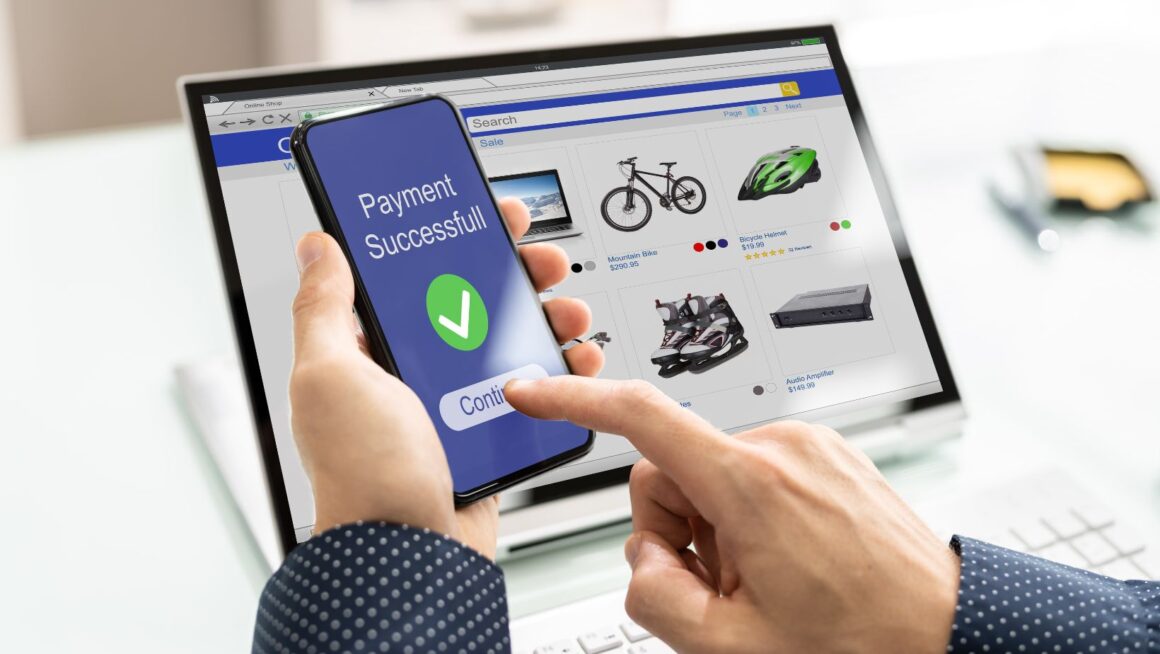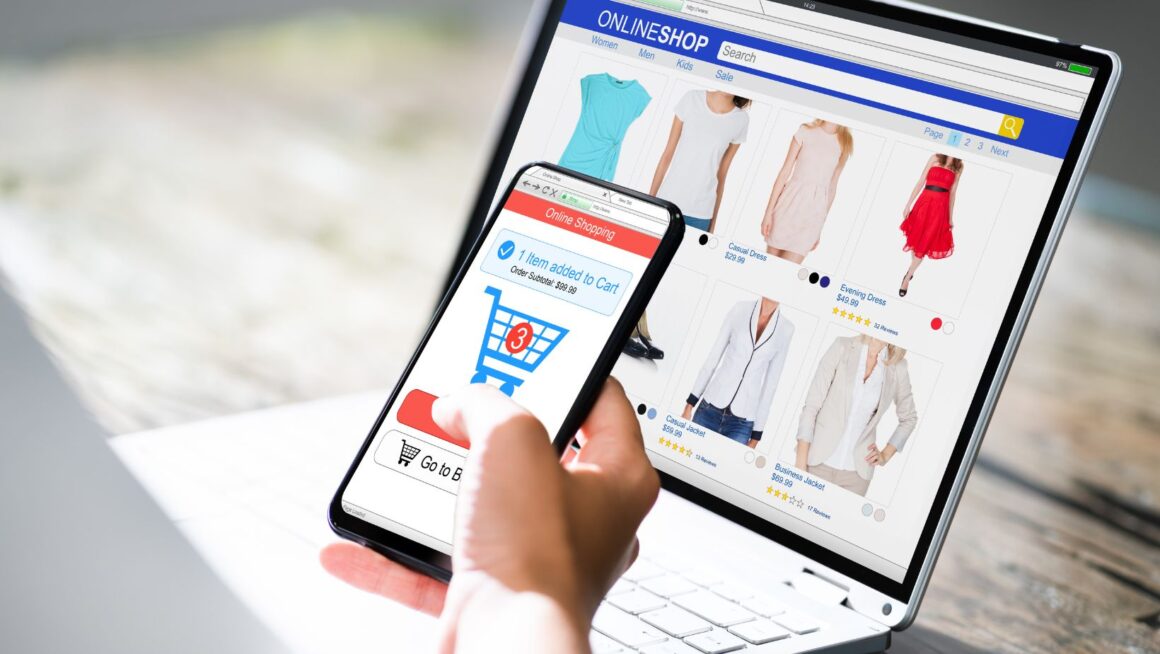Running a successful Shopify store involves more than just listing products online. One critical aspect that can make or break your business is logistics. This is where a Shopify 3PL (third-party logistics) partner comes into play. Choosing the right 3PL can streamline your order fulfillment, reduce shipping errors, and enhance customer satisfaction. But with so many options available, how do you know which Shopify 3PL is the best fit for your store? This guide walks you through the essential factors to consider.
Understand Your Shopify Store’s Needs
Before evaluating potential partners, it’s crucial to understand your store’s unique requirements. Consider the types of products you sell. Are they small and lightweight, bulky, or fragile? Some Shopify 3PL providers specialize in handling specific product types, so knowing your inventory helps narrow your options.
Next, examine your order volume and seasonal fluctuations. If your store experiences spikes during holidays or special promotions, you’ll need a Shopify 3PL that can scale operations without sacrificing accuracy. Additionally, consider any special fulfillment requirements, such as custom packaging, kitting, or international shipping, which may influence your choice of partner.
Evaluate 3PL Capabilities
Not all Shopify 3PL providers are created equal. Start by evaluating their warehousing options and locations. Ideally, your 3PL should have fulfillment centers near your customer base to reduce shipping times and costs.
Shipping capabilities are another key consideration. Your Shopify 3PL should offer a variety of carriers, fast delivery options, and reliable tracking. Technology is equally important—look for inventory management systems that integrate seamlessly with Shopify. Real-time inventory updates and reporting tools help you manage stock levels efficiently and prevent overselling.
Consider Cost Structures
Cost is always a factor when choosing a Shopify 3PL, but it’s not just about finding the cheapest option. Most 3PL providers charge for storage, pick-and-pack services, shipping, and sometimes setup fees. Understand how these costs scale as your business grows. Some Shopify 3PL providers offer tiered pricing based on order volume, which can save money during slow months while accommodating growth during busy periods. Always watch out for hidden costs, such as long-term storage fees or special handling charges.
Check Integration and Automation
A key advantage of working with a Shopify 3PL is seamless integration with your store. The right partner should sync inventory in real time, automatically update order statuses, and process returns efficiently. Automation reduces manual errors and frees up time for you to focus on marketing and product development. When evaluating a Shopify 3PL, ask about the ease of integration with Shopify apps and whether the provider supports automated workflows.
Evaluate Reliability and Customer Support
Reliability is critical in logistics. Your Shopify 3PL should have a track record of on-time deliveries and accurate order fulfillment. Mistakes in shipping can harm your reputation and result in lost customers.

Customer support is equally important. A good Shopify 3PL will offer dedicated account managers or responsive support channels to help resolve issues quickly. They should also handle returns and exchanges smoothly, maintaining a positive experience for your shoppers.
Look for Scalability and Flexibility
As your business grows, your logistics needs will evolve. A Shopify 3PL should be able to scale with you, accommodating higher order volumes and seasonal spikes. Flexibility in shipping options, storage solutions, and fulfillment methods ensures your store can adapt to changing market demands without disruption. Some providers even offer temporary storage or seasonal fulfillment expansions to manage peak periods effectively.
Assess Reputation and Reviews
Before committing to a Shopify 3PL, research the provider’s reputation. Look for client testimonials, case studies, and third-party reviews. Pay attention to feedback from Shopify store owners, as they can provide insights into integration quality, responsiveness, and fulfillment accuracy. A Shopify 3PL with strong positive reviews is more likely to meet your expectations and deliver consistent results.
Test and Start Small
Even with thorough research, it’s wise to start with a trial or limited product rollout. Test how well the Shopify 3PL handles orders, shipping speed, and customer service. Monitor metrics like fulfillment accuracy, delivery times, and return processing. This approach allows you to make a confident, long-term decision while minimizing risk.
Making the Right Choice for Your Shopify Store
Choosing the right Shopify 3PL can transform your business. By assessing your store’s needs, evaluating capabilities, understanding costs, checking integration, and considering reliability, scalability, and reputation, you can find a partner that aligns with your goals. Investing time upfront to select the right Shopify 3PL ensures smoother operations, happier customers, and the flexibility to grow your store with confidence.

